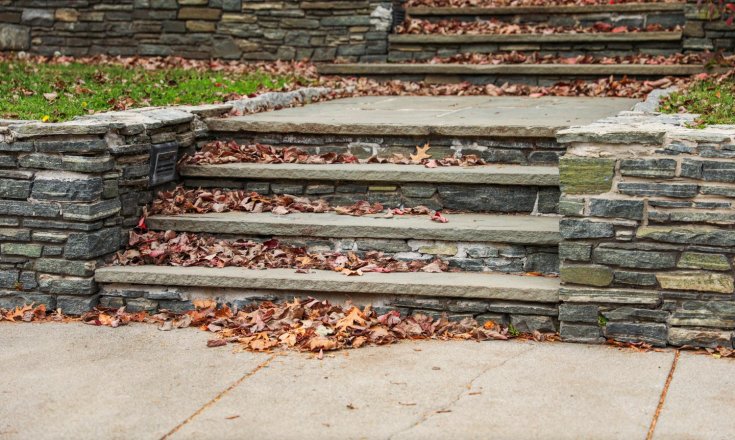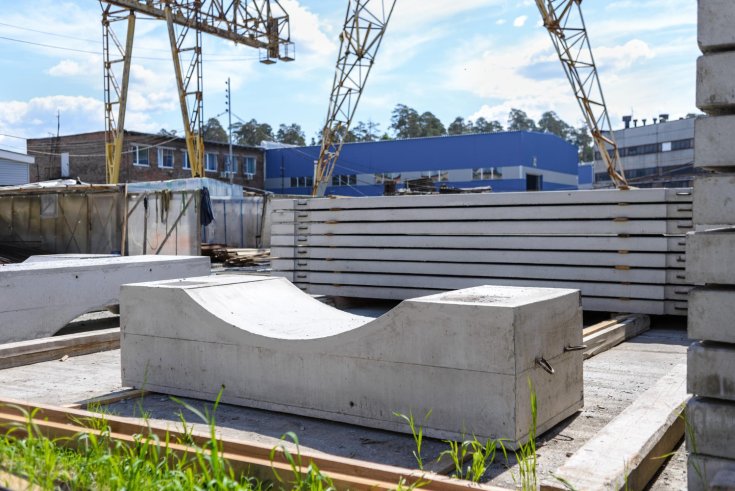What Factors Influence Retaining Wall Costs
The costs of a retaining wall will vary widely based on several factors. Understanding these elements can help you estimate your project's total expenditure more accurately.
- Material Selection: Different materials vary in price and in durability, maintenance requirements, and aesthetic appeal. Concrete is a popular choice because of its versatility and durability.
- Height: For retaining walls under four feet, the cost is relatively straightforward. However, walls over four feet may require additional structural support, such as geogrid reinforcement or engineered designs, which can add to the cost.
- Length: The longer the wall, the more materials and labor will be needed. Retaining walls manufacturers often provide discounts for bulk materials, but the labor costs will still increase with length.
Labor and Installation Costs
Labor costs are another major component of your retaining wall project. These costs can vary based on the complexity of the job and the expertise of the contractors.
- Site Preparation: Before construction begins, the site must be prepared. This can include clearing vegetation, excavating the area, and leveling the ground. Site preparation costs can range from around $500 to $2,000 depending on the condition and size of the site.
- Basic Installation: For a basic, straightforward retaining wall, labor costs will most often range from $40 to $60 per hour.
- Installation Complexity: Simple designs with straightforward installation processes will be less expensive than intricate designs requiring specialized skills and equipment. If your design includes curves, multiple tiers, or special features like integrated lighting or drainage systems, labor costs can rise to $70 to $100 or more per hour.
Additional Costs to Consider
Beyond materials and labor, there are other potential expenses to consider when budgeting for your retaining wall.
- Permits and Inspections: Depending on your region, you might need permits to build a retaining wall. Permit costs can range from $100 to around $500. Some areas require inspections during and after construction to ensure the wall meets local building codes.
- Drainage Solutions: Proper drainage is very important for the longevity of your retaining wall. Without adequate drainage, water may build up behind the wall and cause it to fail. Installing drainage solutions, such as gravel backfill or perforated drainage pipes, can add $500 to $2,000 to your project cost.
- Landscaping: After your retaining wall is built, you may want to enhance the surrounding area with landscaping. This could include planting grass, shrubs, or flowers and adding mulch or decorative stone. Landscaping costs can vary widely, but it's important to budget for these additional expenses if you want a finished, polished look.
Cost-Saving Tips
Building a retaining wall is a substantial investment, but there are ways to manage and reduce costs without compromising on quality.
- Plan Thoroughly: Before you begin, plan your project in detail. This includes selecting materials, designing the layout, and budgeting for all aspects of the project. Thorough planning can help you avoid costly changes and delays.
- Compare Quotes: Get quotes from companies to ensure you're getting the best price for materials and labor.
- DIY Portions of the Project: If you're handy, consider doing some of the work yourself. While it's best to leave the actual wall construction to professionals, you might be able to handle tasks like site preparation or landscaping, which can save on labor costs.
Are You Searching for a Local Retaining Walls Manufacturer?
At Garrett Precast, we are dedicated to providing high-quality materials and guidance for your retaining wall project. As a trusted retaining walls supplier, we offer a wide variety of options to meet your needs and budget. If you’re ready to get started, contact us today and let us help you bring your vision to life.
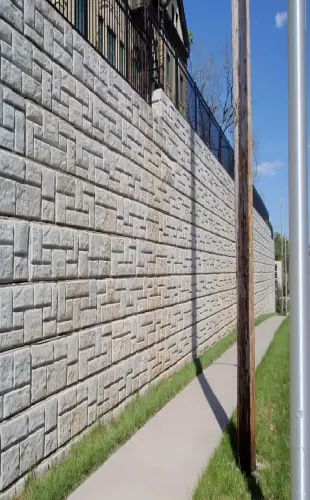
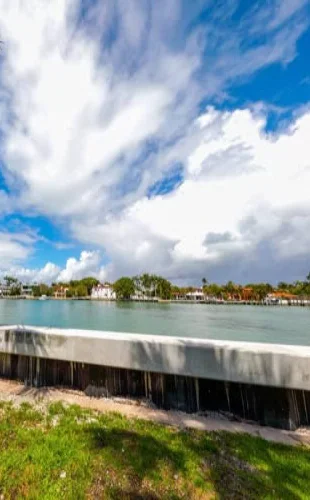
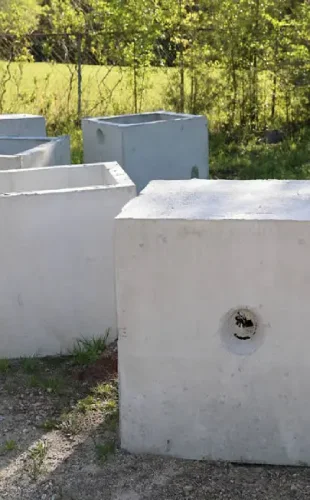
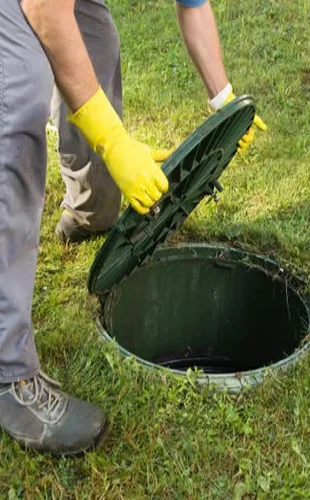
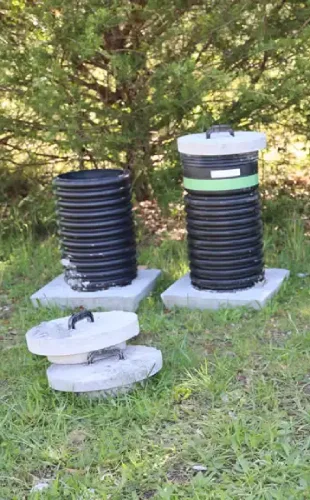
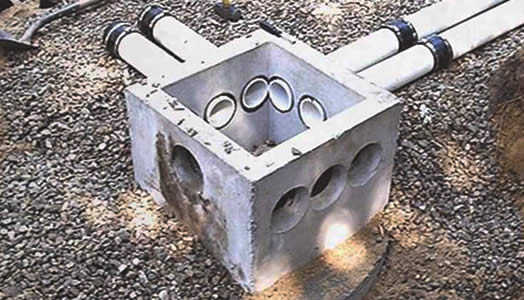
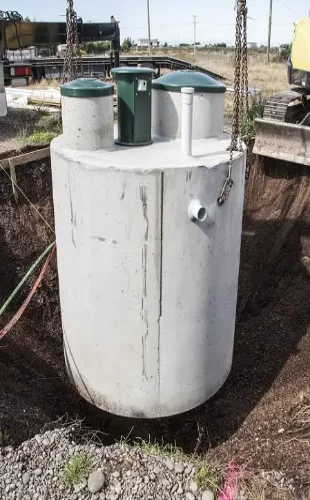
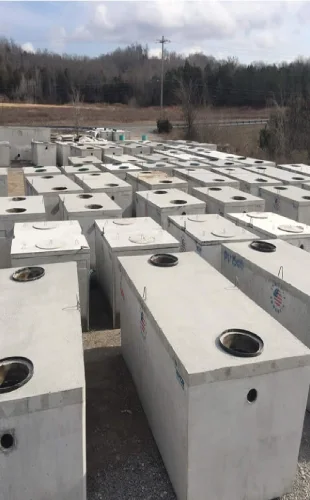
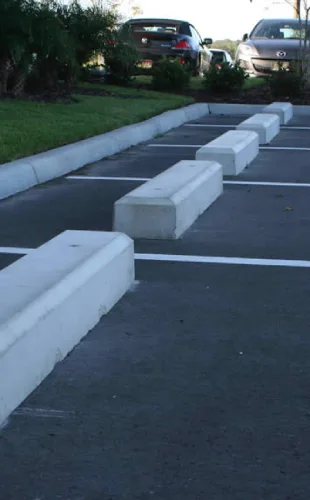
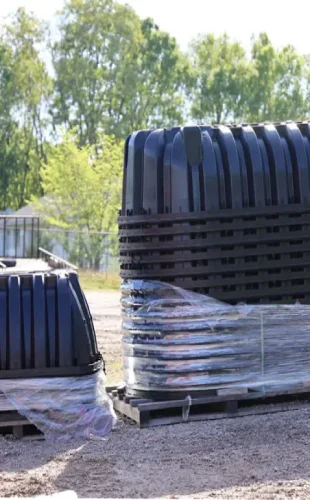
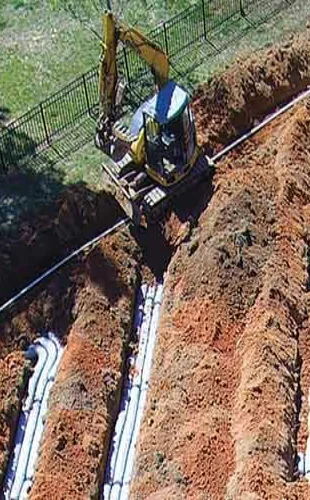

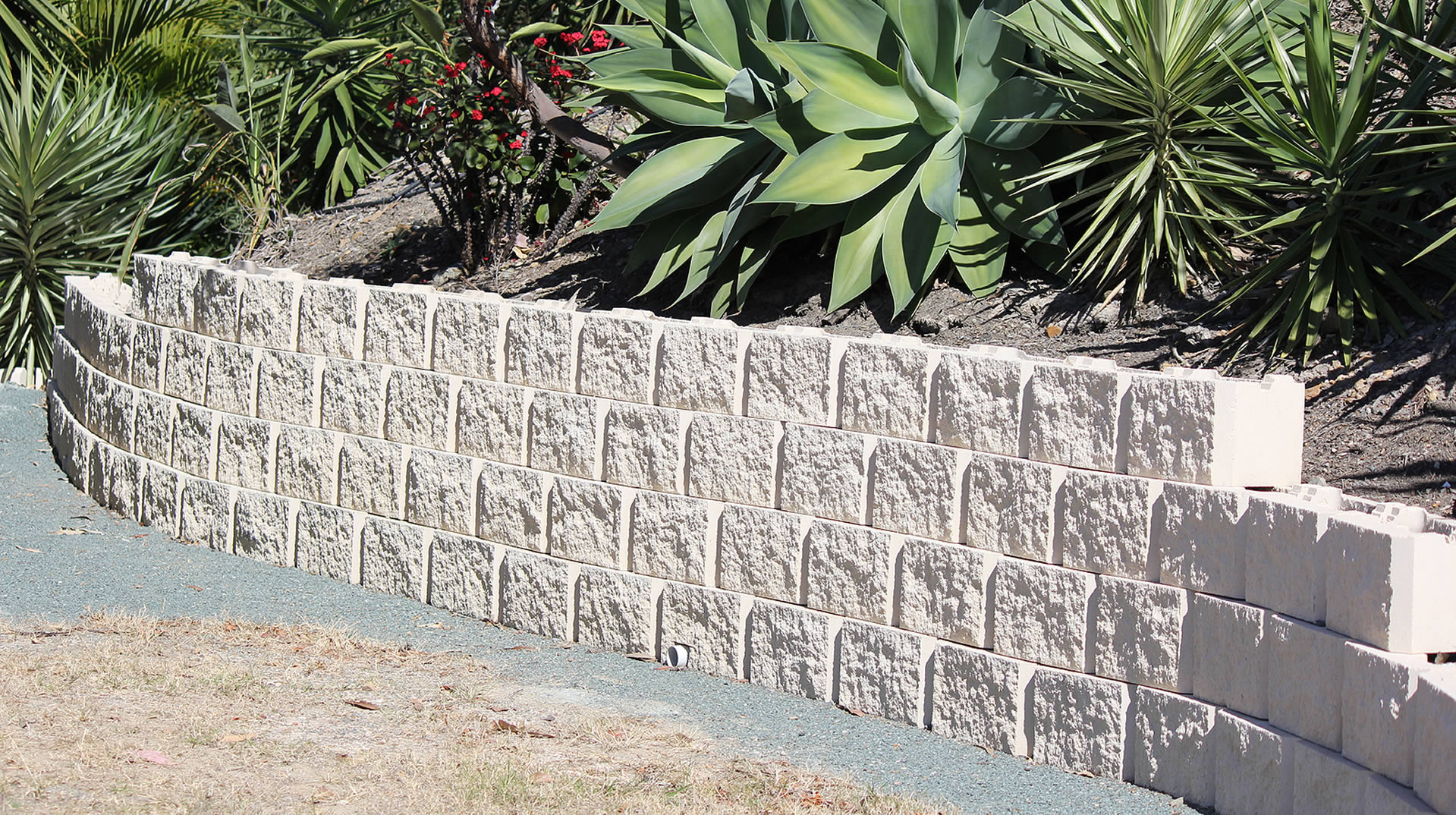
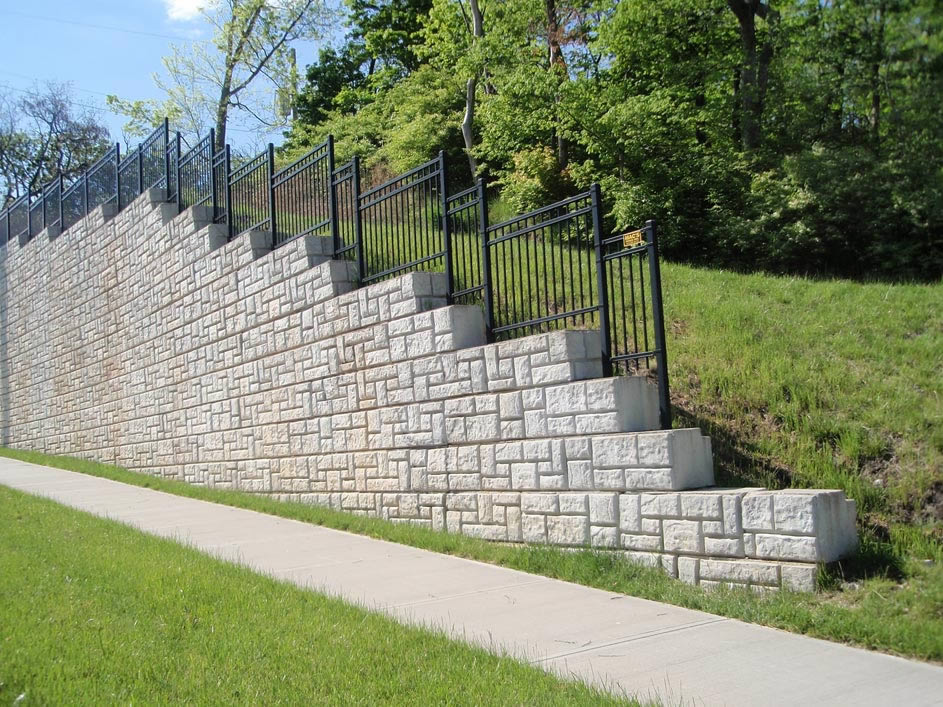
.webp)
